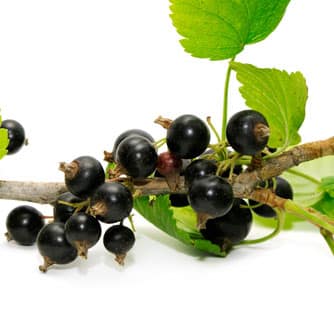A growing body of scientific evidence supports the potential beneficial effects of berry compounds. Anne S. Kivimaki, from the University of Helsinki (Finland), and colleagues studied the effects of cranberry (Vaccinum oxycoccos), lingonberry (Vaccinum vitis idaca), and blackcurrant (Ribes nigrum) on various markers of inflammation, in a laboratory animal model. Hypertensive rats were given free access to one of the juices for eight weeks, during which they consumed an average of 38 g of cranberry juice, 44 g of lingonberry juice, and 46 g of blackcurrant juice per day. The team observed that reductions in the expression of compounds associated with inflammation: cyclooxygenase 2 (COX2) decreased by 50% while the animals were on lingonberry and blackcurrant juices, while monocyte chemoattractant protein 1 (MCP1) decreased significantly while the animals were on lingonberry juice. In addition, lingonberry juice resulted in reductions of soluble adhesion molecules – biomarkers involved in cellular damage, elevated levels of which may contribute to an increased risk of atherosclerosis. The study authors conclude that: “These findings suggest that cranberry and lingonberry cold-compressed juices have anti-inflammatory and anti-atherothrombotic actions in long-term treatment of [hypertension].”
Berry Juice Compounds Reduce Inflammation
Anne S. Kivimaki, Pauliina I. Ehlers, Aino Siltari, Anu M. Turpeinen, Heikki Vapaatalo, Riitta Korpela. “Lingonberry, cranberry and blackcurrant juices affect mRNA expressions of inflammatory and atherothrombotic markers of SHR in a long-term treatment.” Journal of Functional Foods, 17 March 2012.
RELATED ARTICLES




